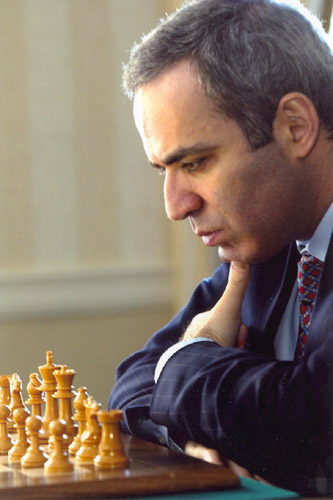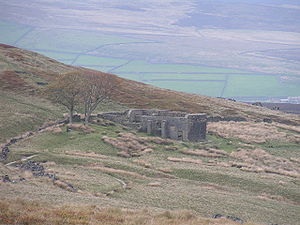
(affiliate link)
Excerpt from the book “The Talent Code” by Daniel Coyle:
…Instead of using patterns from a real chess game, he set the chess pieces in a random arrangement and reran the test. Suddenly the masters’ advantage vanished. They scored no better than lesser players; in one case, a master chess player did worse than a novice. The master players didn’t have photographic memories; when the game stopped resembling chess, their skills evaporated…
Daniel Coyle, author of the book “The Talent Code“, explains that it is commonly believed that super-talented people, such as world-famous master chess players, are born at birth with superior abilities, such as a superior photographic memory in the case of chess players. This common belief is a false belief. He goes on to explain in the book how it has been debunked. Through simple and clever research experiments, you can show that top talented players have very average abilities in other parts of their lives as soon as the normal patterns of their talent focus disappear. For example, master chess players exhibited very average memory abilities as soon as their mind was asked to deal with anything else outside of chess itself, even though their memory was superior when dealing directly with chess. Had the players been born with superior photographic abilities to hold data in memory then that ability would have exhibited itself in the other areas of that chess player’s life. Instead superior memory was constrained to just the world of chess.
The conclusion of this research is that enhanced memory performance was acquired through training, and not through genetic endowment, through years of dedicated focus. Because of this specialized memory training, their minds could easily recall at lightning speed all the chess patterns they had previously studied.
Here is my application of what Daniel Coyle is saying:
There is the danger that you will start your young person on a wrong talent path. What I mean is that you might invest too much time becoming very good at something which will not matter to your child in his adult life. I’m speaking here in the context of making long-term decisions because one might believe a child was “born” as a soccer player or violin player or mathematician at birth. Since it is not true that a child is born into talent, but rather grown into it, then it stands to reason that you can favor and grow one or more particular skills over other skills. This is good because your child does not have to become a “starving artist” or a girl with an expensive hobby to support. You can confidently banish the belief that whatever small inkling of a talent is detected in a child must automatically be accepted by his parents as his destiny.
So now this is the part where I can help you. If you first accept that talent is indeed grown and not born, then I would like to share with you the logic of how and why you can go about growing some aspects of talent over others in your child’s life (hint: it is not a random selection process). I share that all with you in my downloadable guide entitled “How to Discover and Develop Your Child’s First 100 Hours of Talent”



